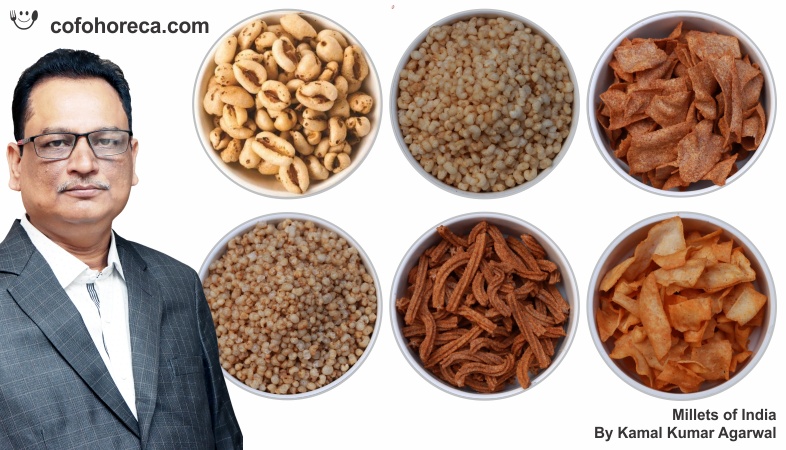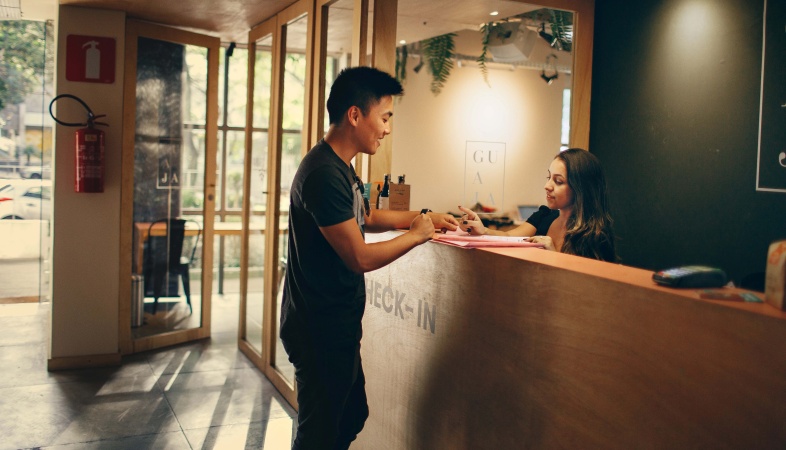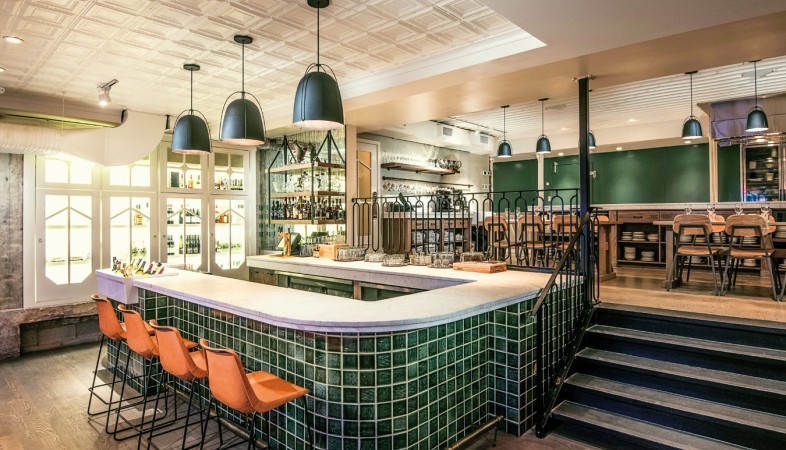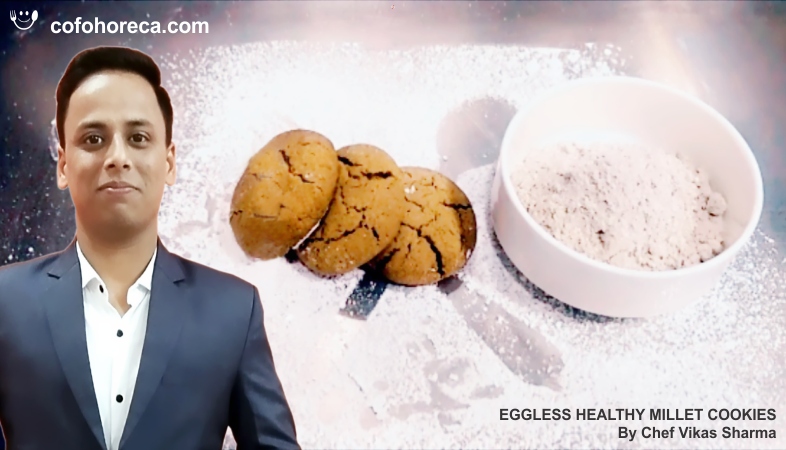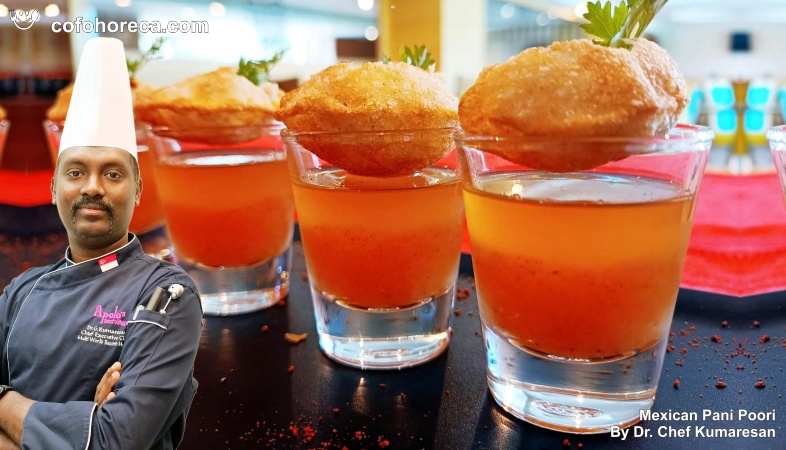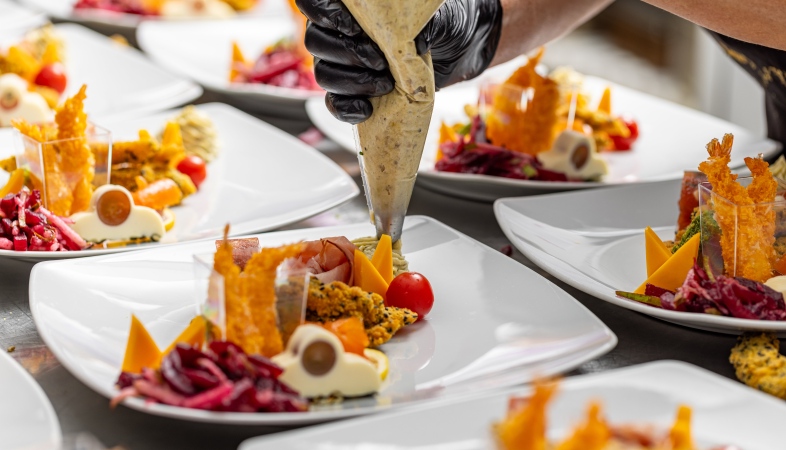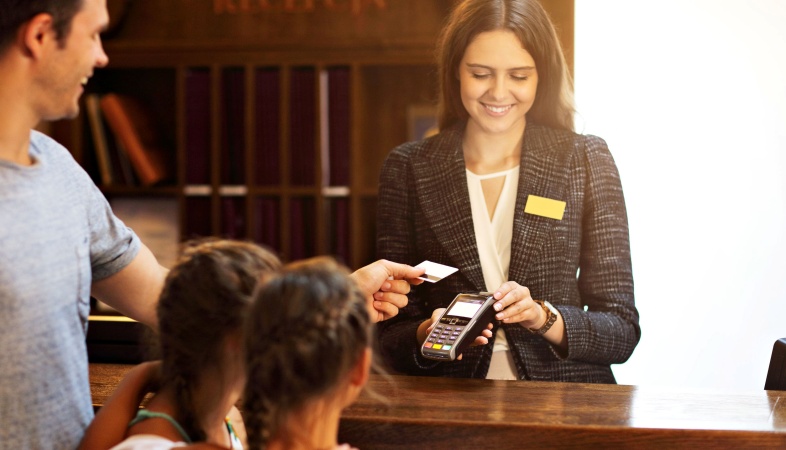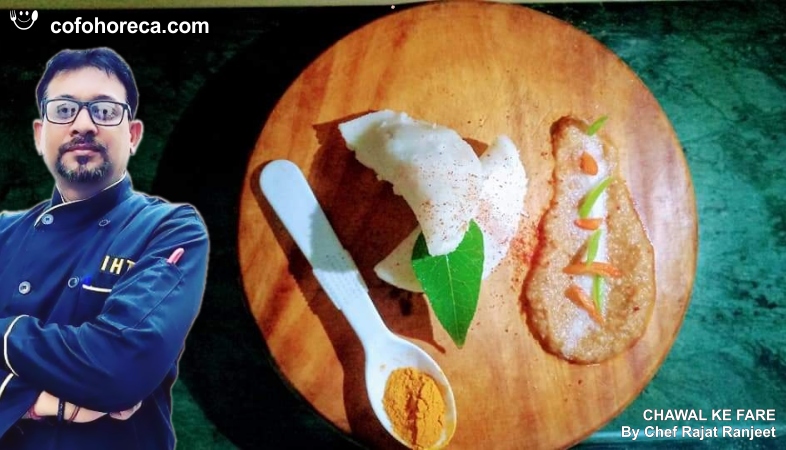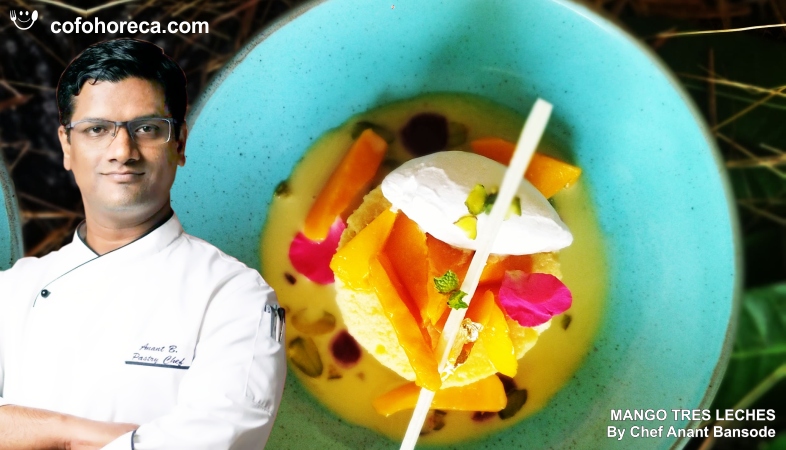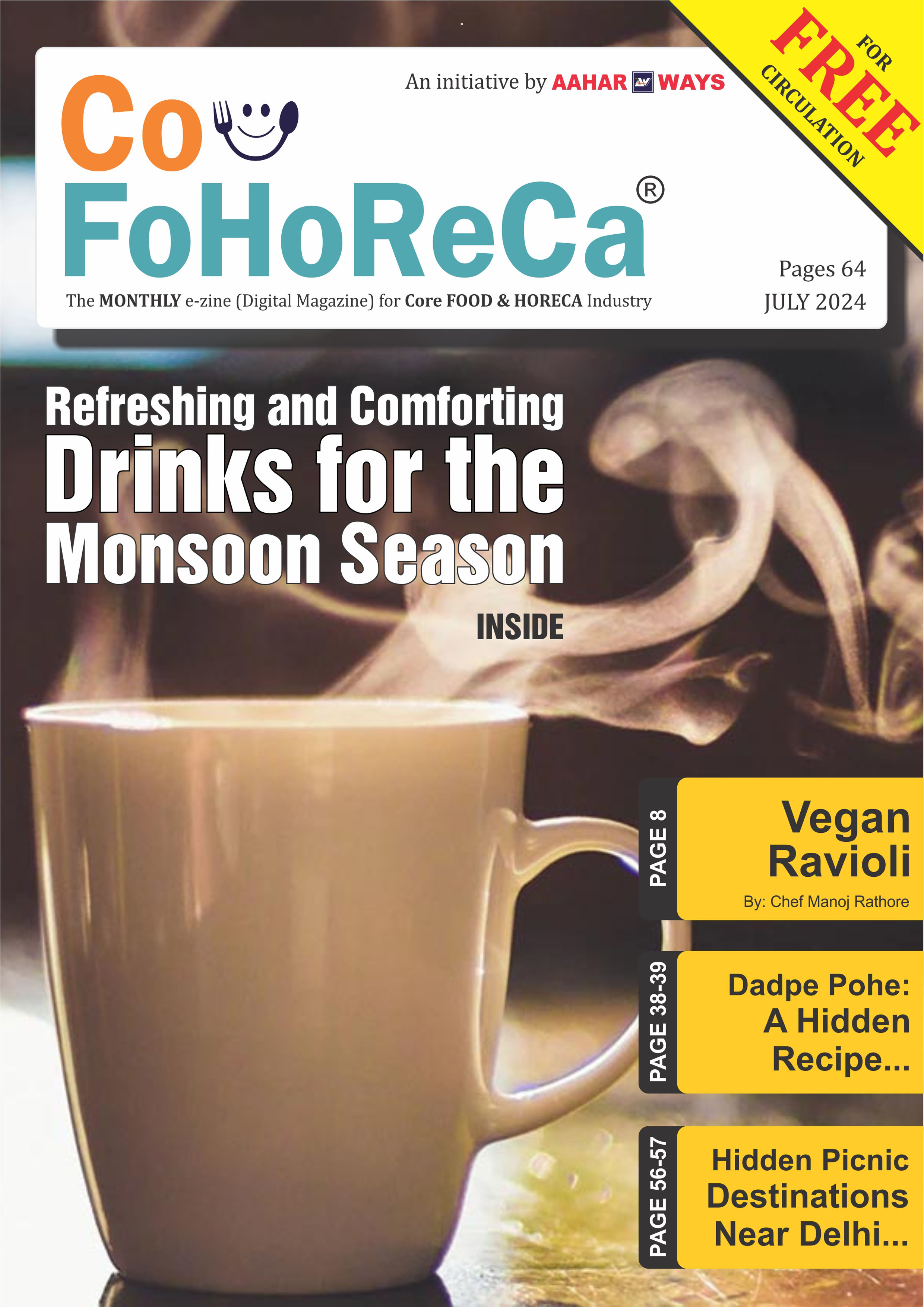The Impact of Social Media on Catering: Marketing and Branding Strategies
High-quality images and videos of beautifully presented dishes, elaborate event setups, and behind-the-scenes kitchen activities can captivate potential clients.
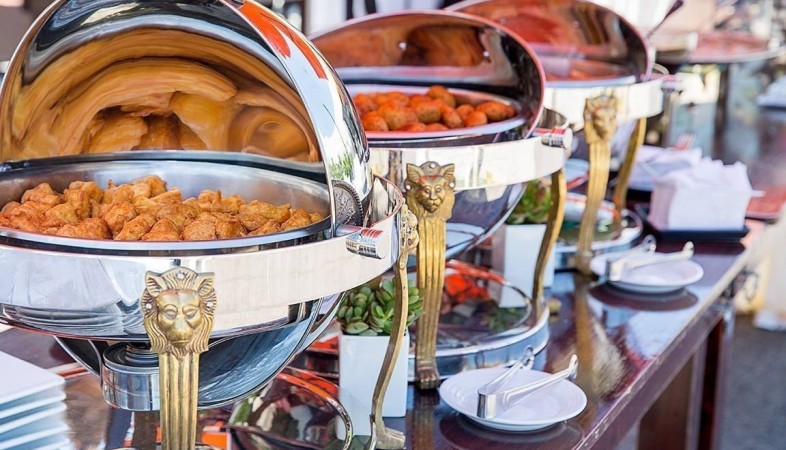
In the contemporary landscape, social media has become an
indispensable tool for businesses across various industries, including
catering. Its influence extends beyond mere promotion to shaping marketing
strategies, enhancing brand identity, and driving customer engagement. For
caterers, effectively leveraging social media platforms can significantly
impact their success, providing opportunities to reach a broader audience, showcase
their offerings, and build lasting relationships with clients.
Social media platforms are visual-centric, making them ideal for showcasing the aesthetic appeal of food. High-quality images and videos of beautifully presented dishes, elaborate event setups, and behind-the-scenes kitchen activities can captivate potential clients. These visual elements not only highlight the caterer's culinary expertise but also create a sense of anticipation and desire. Utilizing professional photography and engaging content can turn a casual viewer into a prospective client.
Consistency in branding across social media platforms is crucial for building a recognizable and trustworthy identity. This includes maintaining a consistent color scheme, logo, and overall style that reflects the caterer's brand. Regular posting schedules, along with a cohesive aesthetic, help in establishing a strong online presence. Engaging captions, hashtags, and stories further enhance visibility and engagement, keeping the audience informed and interested in the caterer's activities and offerings.
User-generated content (UGC) is a powerful tool in social media marketing. Encouraging satisfied clients to share their experiences, photos, and testimonials can amplify the caterer's reach and credibility. Reposting UGC on the caterer's social media pages not only acknowledges and appreciates the clients but also provides authentic endorsements that resonate with potential customers. This organic form of promotion often carries more weight than traditional advertising, as it comes from genuine customer experiences.
Social media platforms also facilitate direct interaction with clients, allowing caterers to engage in real-time conversations. Responding promptly to inquiries, comments, and messages demonstrates a commitment to customer service and helps build trust and rapport. Additionally, social media allows caterers to gather feedback and insights from their audience, enabling them to refine their services and cater to client preferences more effectively.
Targeted advertising on social media platforms is an effective strategy for reaching specific demographics. Some platforms offer advanced targeting options that allow caterers to tailor their advertisements based on location, interests, and behaviors. This ensures that marketing efforts are focused on potential clients who are most likely to be interested in the catering services. Sponsored posts and ads can boost visibility and drive traffic to the caterer's website or social media pages, generating leads and inquiries.
Collaborations and partnerships with influencers and other businesses in the event industry can further enhance a caterer's social media presence. Partnering with event planners, photographers, and venues can lead to cross-promotional opportunities that benefit all parties involved. Influencers with a significant following can introduce the caterer to a broader audience, providing valuable exposure and credibility. These collaborations can be showcased through joint posts, stories, and giveaways, creating a buzz around the caterer's brand.
Content variety is essential to keep the audience engaged and interested. Alongside showcasing dishes and events, caterers can share a mix of content such as cooking tutorials, behind-the-scenes glimpses, staff spotlights, and seasonal menu highlights. Educational content, like tips on hosting events or choosing the right menu, positions the caterer as an expert in the field, providing value to the audience and encouraging them to engage with the brand.
Social media analytics provide valuable insights into the performance of marketing efforts. Monitoring metrics such as engagement rates, reach, and follower growth helps caterers understand what content resonates with their audience. These insights enable caterers to adjust their strategies, focusing on what works best and continuously improving their social media presence. Regularly reviewing and analyzing social media performance is essential for staying relevant and effective in a dynamic digital landscape.
In addition to organic efforts, paid social media campaigns can amplify a caterer's reach and impact. Investing in sponsored posts and targeted ads can drive traffic and generate leads, especially during peak event seasons. Paid campaigns can be tailored to specific goals, whether it's increasing brand awareness, promoting a new menu, or driving bookings for upcoming events. Combining organic content with strategic paid advertising creates a comprehensive and effective social media marketing approach.
The impact of social media on catering is profound, offering numerous opportunities for marketing and branding. By leveraging visual content, maintaining consistent branding, engaging with clients, and utilizing targeted advertising, caterers can effectively use social media to grow their business. The dynamic nature of social media platforms requires ongoing effort and adaptation, but the rewards in terms of visibility, customer engagement, and brand loyalty are well worth it. As social media continues to evolve, its role in shaping the success of catering businesses will undoubtedly become even more significant.
.png)




